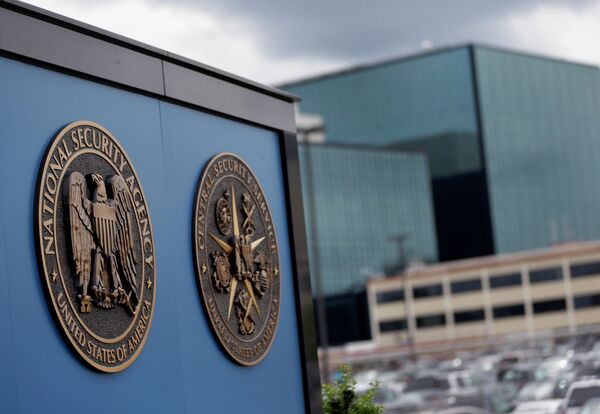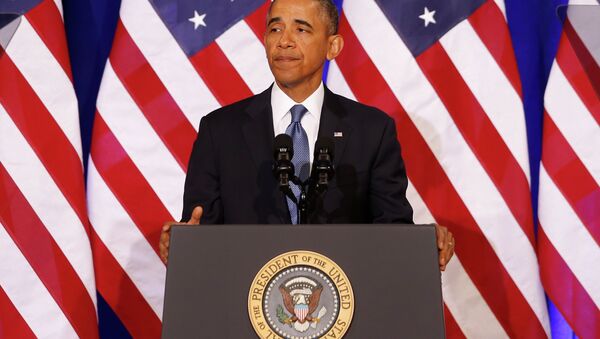In an assessment released to mark the one-year anniversary of their report on government telephone surveillance, The Privacy and Civil Liberties Oversight Board called out the Obama administration for failing heed their recommendation to put an end to the NSA’s telephone records program.
Instead, almost two years after whistleblower Edward Snowden’s revelations brought the surveillance to light, “the Administration has continued the program, with modifications, while seeking legislation to create a new system for government access to telephone records under Section 215, ” according to the assessment.
Lest the President claim GOP obstruction in the matter, the PCLOB says Obama could end the program “at any time without congressional involvement.”
“At some point, you have to draw the line and say you have to act on your own, because this program isn’t particularly effective. A better alternative is to go to the phone companies on a case-by-case basis,” PCLOB Chairman David Medine told the Guardian.

Though the Obama administration did make some changes to the phone surveillance program in 2014 — raising the standard for database queries to a “reasonable articulable suspicion” for example — the phone records are still kept for five years instead of the board’s recommended two.
“Accepted” But Not Implemented
The report released in January 2014 focused on phone surveillance conducted under Section 215 of the Patriot Act, and noted that the NSA’s bulk phone record program was of “limited value” and had failed to prevent a terrorist attack.
A second report, in July, addressed surveillance under Section 702 of the Foreign Intelligence Surveillance Act (FISA). Between the two reports, the PCLOB made 22 recommendations to the Obama administration, Congress, and the FISA courts.
The board’s progress report notes that while the administration was “responsive” regarding the recommendations, most “are still in the process of being implemented, however, or have only been accepted in principle, without substantial progress yet made toward their implementation.”
While noting that only six months have passed since the FISA report, the assessment chides Congress for failing to reform the FISA court system. The secret court has been criticized for “rubber-stamping" surveillance warrants: of the 1,856 applications presented to the court in 2012, for example, none were denied and only 40 were modified.
The board had recommended more appellate hearings on FISA court decisions and the admittance of independent views into hearings that have essentially been one-sided. Neither has been implemented.
And as the War on Terror approaches its 14th year, the assessment also noted that the administration “has not yet developed…a methodology for gauging the value of its counterterrorism programs.”
Clock Ticking on PATRIOT Act
The USA Freedom Act, a surveillance reform bill aimed at curbing intelligence collection abuses, failed to pass the Senate in September 2014. The bill was defeated mostly by Republicans warning that the U.S. would be left vulnerable to attack if the changes were implemented.
“God forbid we wake up tomorrow and ISIL is in the United States,” Sen. Marco Rubio (R-Flor.) said at the time.
But failure to pass legislative reform like the USA Freedom Act may mean losing the NSA program altogether, as Section 215 — the basis of the bulk phone records program — expires on June 1st. The provision goes beyond phone surveillance however, and also grants powers to the FBI to access business records as part of terror or espionage investigations.
Though the new Congress is more Republican than before, they may face difficulties reauthorizing the Patriot Act provisions as a stronger libertarian wing of the party is more critical of domestic surveillance as a civil liberties violation.






